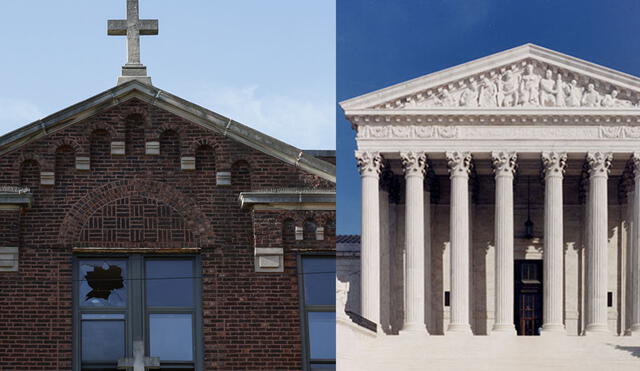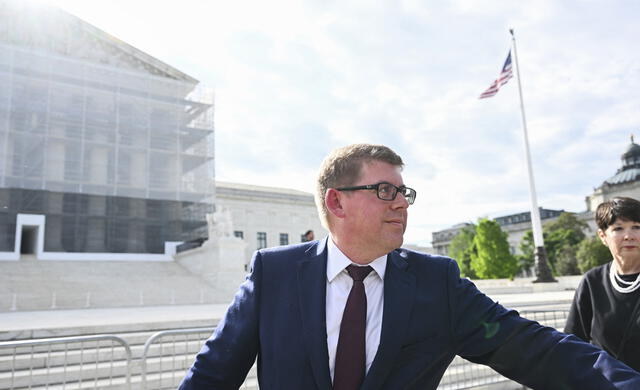Supreme Court deadlocks on nation’s first religious charter school
The Supreme Court's decision on St. Isidore's virtual Catholic school in Seville results in a 4-4 tie, upholding the Oklahoma Supreme Court's ruling on the separation of church and state.

St. Isidore of Seville Catholic Virtual School will not be able to launch after the Supreme Court deadlocked 4-4 on its latest decision. This means that the Oklahoma Supreme Court’s ruling remains in effect, setting an important precedent regarding the separation of church and state.
The case creates tensions between the First Amendment's Establishment Clause and Free Exercise Clause. Now, it is likely that the Court will be asked to weigh in on the matter in future religious cases.

ALSO SEE: Supreme Court blocks Trump’s attempt to deport Venezuelan Migrants under Alien Enemies Act
Conservatives vs. Liberals: Drummond against his party
The case represents a grant victory for Gentner Drummond, Oklahoma Attorney General, who challenged the state board's approval of the school back in 2023. The attorney distanced himself from fellow Republicans who support the school initiative and the creation of those kinds of schools. Drummond defends his position, saying that taxpayers' money should not be allocated to “radical Islamic schools,” just as a Catholic school should not be approved.
The promotion of religious charter schools is aligned with the school choice movement, which supports parents using public funds to send their children to private schools. However, school advocates see these efforts as an assault on traditional public schools.

Mike McKinley, one of the lawyers defending St. Isidore's school Photo: AFP News
How has the case developed over the years?
In recent years, the Supreme Court has reinforced the Free Exercise Clause, which states that the government cannot exclude religious groups from public programs. Although the state approved St. Isidore's proposal in June 2023, this prompted Drummond to file a lawsuit.
Mike McKinley and the lawyers that represented the school and the Oklahoma charter board tried to present the case as similar to recent decisions of the tribunal. Those are decisions in order to not exclude religious groups on government programs.
Although the decision did not disclose how each justice voted, it is assumed that at least one conservative judge sided with the liberals, resulting in a 4-4 deadlock. This may have happened because Amy Coney Barrett, a conservative justice, did not participate in the vote and could have broken the tie. Oklahoma Gov. Kevin Stitt on his social media described the decision as one that does not resolve the issue.












